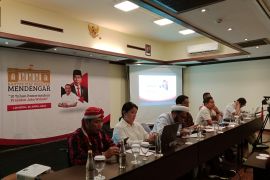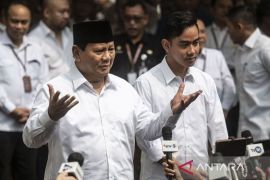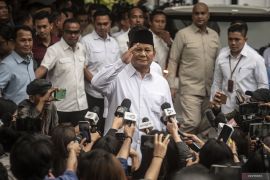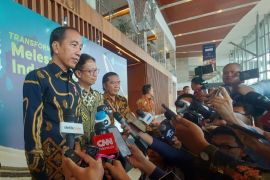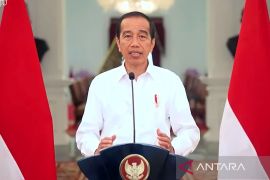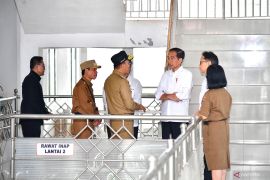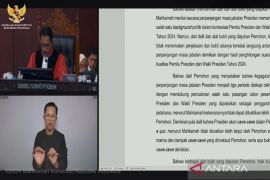"The president has inquired if the village fund spending was effective or not," Eko stated after the meeting at the Presidential Palace here on Monday.
Jokowi has asked the minister to conduct a survey to check the effectiveness of the fund.
"The Central Bureau of Statistic (BPS) will hold a survey on village potential in September, thus we can see the relation between the increase of village fund and rural development," he added.
Eko claimed that villages have spent the fund appropriately, with 82 percent of its 2015 allocation absorbed and increased to 97 percent in 2016.
In 2016, as many as 74,744 villages has received Rp600 million fund per village, and the fund was increased to Rp800 million per village for 74,910 villages across the country in 2016.
"It is a significant increase, which means that villagers have the capability to manage it," Eko remarked.
The minister reiterated that the village fund would be used to establish roads, clean water facility, early childhood education (PAUD), landslide barrier, and public toilets.
"In total, villages will build 66 thousand kilometers of roads; 38 thousand units of landslide barriers; and thousands of public toilets," he stated.
He admitted that the fund was not only aimed to encourage villages economic development but also to increase the quality of life.
"For instance, development of clean water facility, early childhood education, landslide barriers, integrated health services (posyandu), and polyclinic did not bring direct impact to the economic development but (an increase) of peoples quality of life," he revealed.
During the meeting, Eko had also reported progress on the One Village One Product program (Prokades) and called on the government to make it a national campaign.
Prokades has integrated stakeholders, including farmers, banks, businesses, and local government, to develop villages jointly, he noted.
"Basically, Prokades makes economic clusters in villages," he added.
The program would assure market for farmers production and its price to reduce risk. "With this program, economic development could be accelerated," Putro explained. (*)
Editor: Heru Purwanto
Copyright © ANTARA 2017
